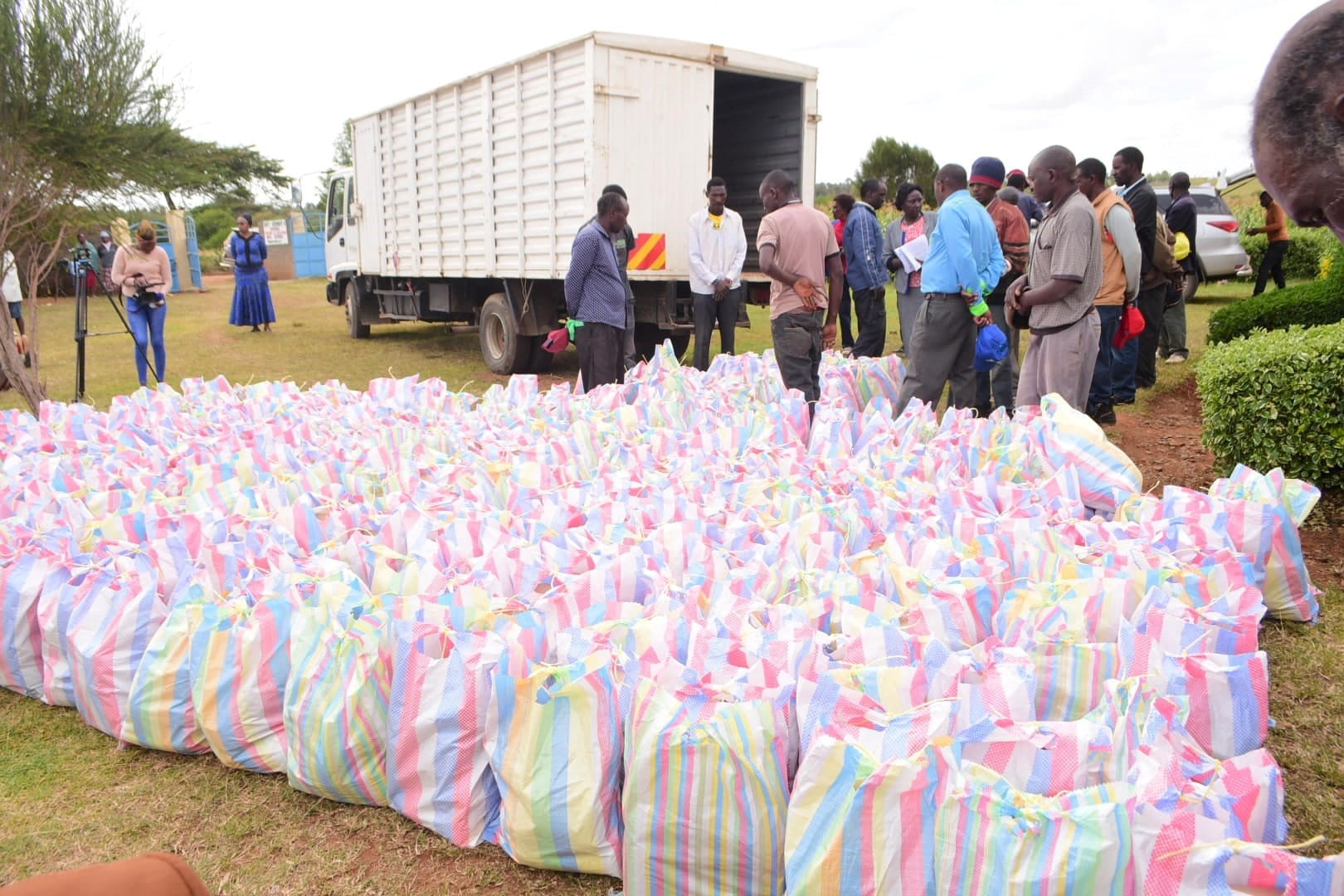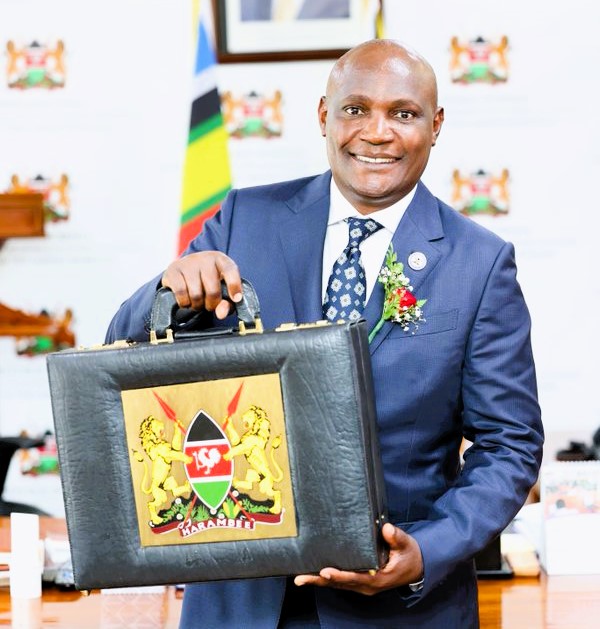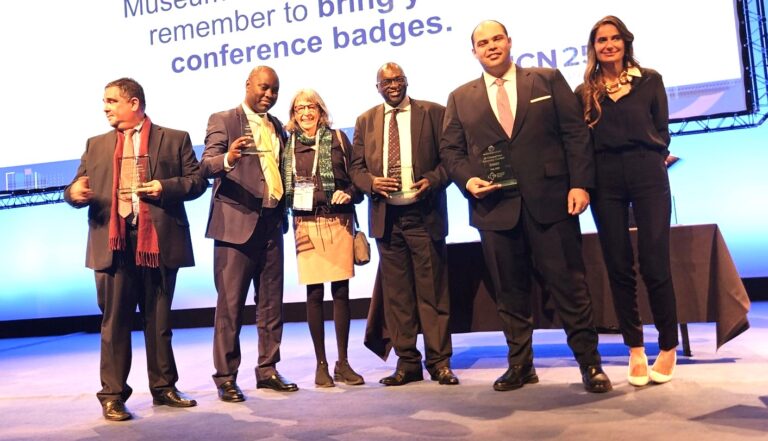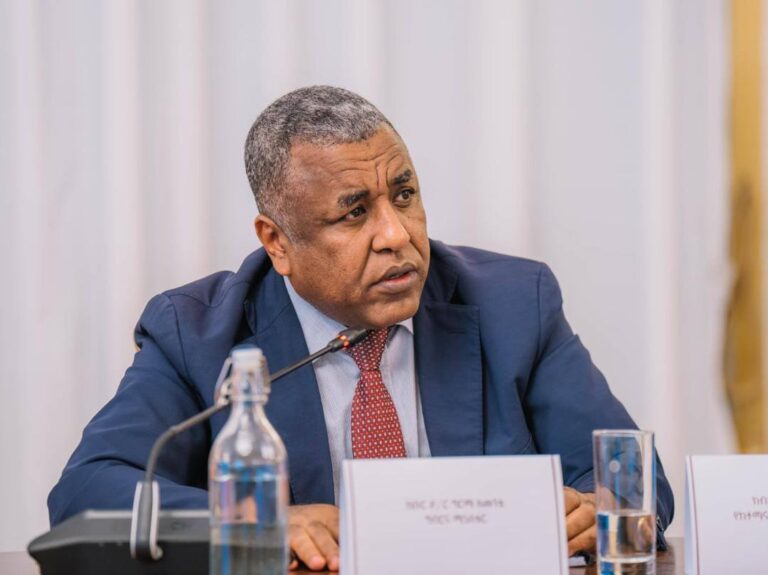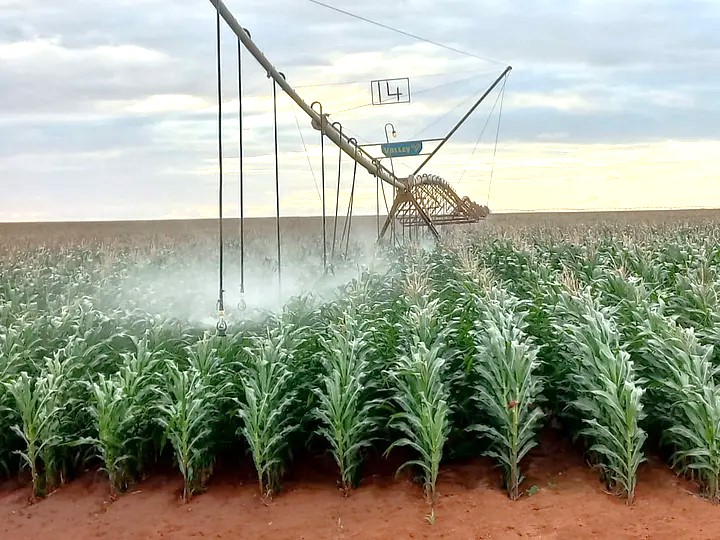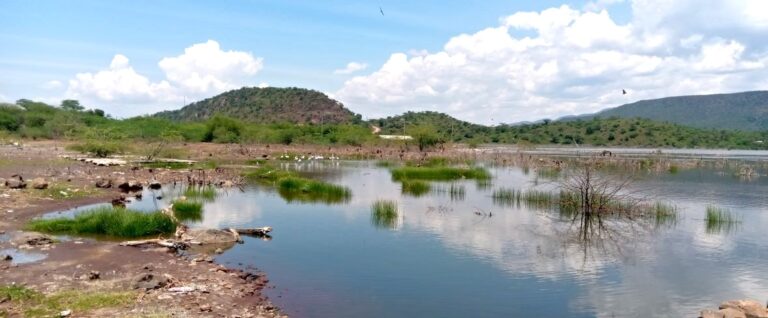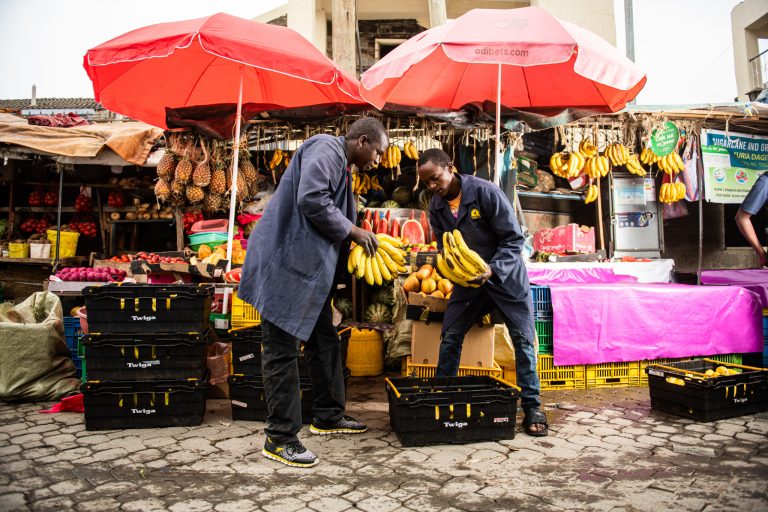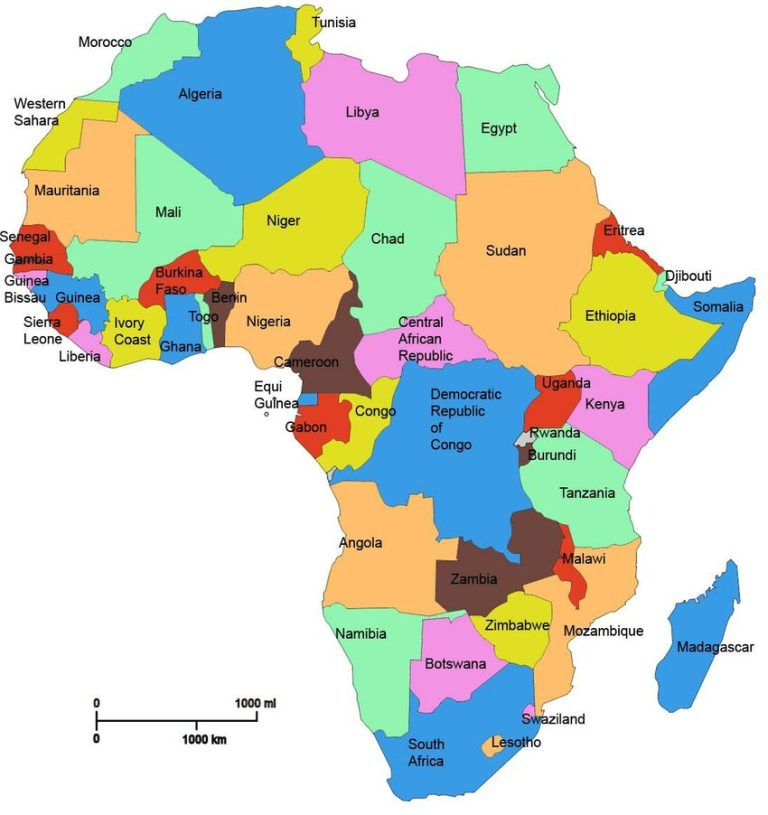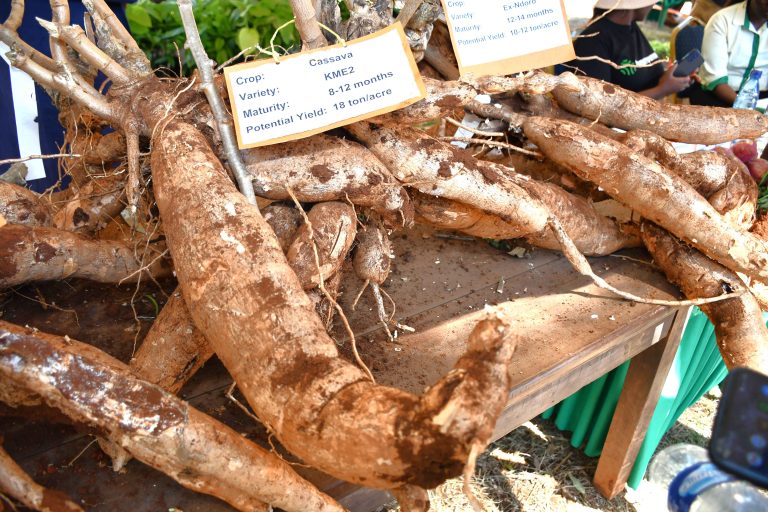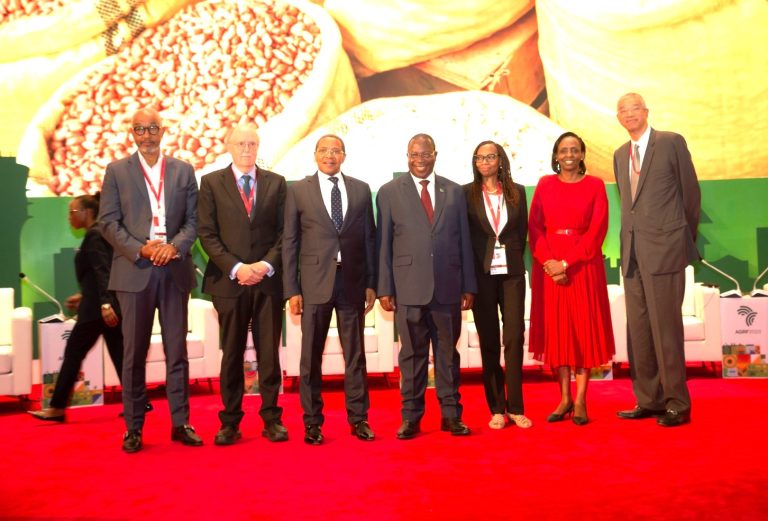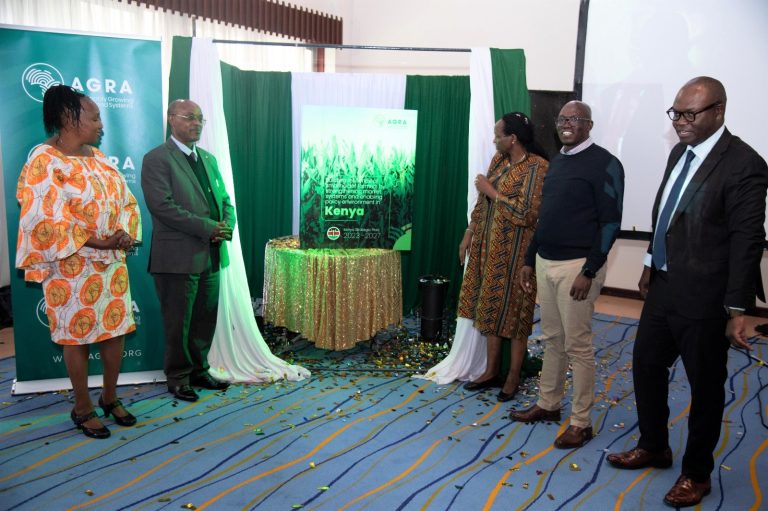By Kimuri Mwangi
Africa has been challenged to rethink how it can use it’s lands to attain food security. Dr. Oulie Keita the new Executive Director of Greenpeace Africa a non-profit organisation says Africa should be the basket of the world, not the contrary.
“As Africans, from governments to the people, we can no longer depend on the external world to feed us. I think food insecurity is the biggest challenge for all African countries and we’ve seen it in the world with Russia and Ukraine. Can you imagine Africa, this huge continent with so much potential we depend on Ukraine wheat for bread? We have maize, we have sorghum, and we have all kinds of products that we can use to make bread, so why are we dependent on a country for our food security?” she asks.
Dr. Keita says that COVID has shown that this is not sustainable and Africans need to invest in ensuring that we have food as it is the basis of everything including education since children cannot go to school on an empty stomach hence it impacts everything.
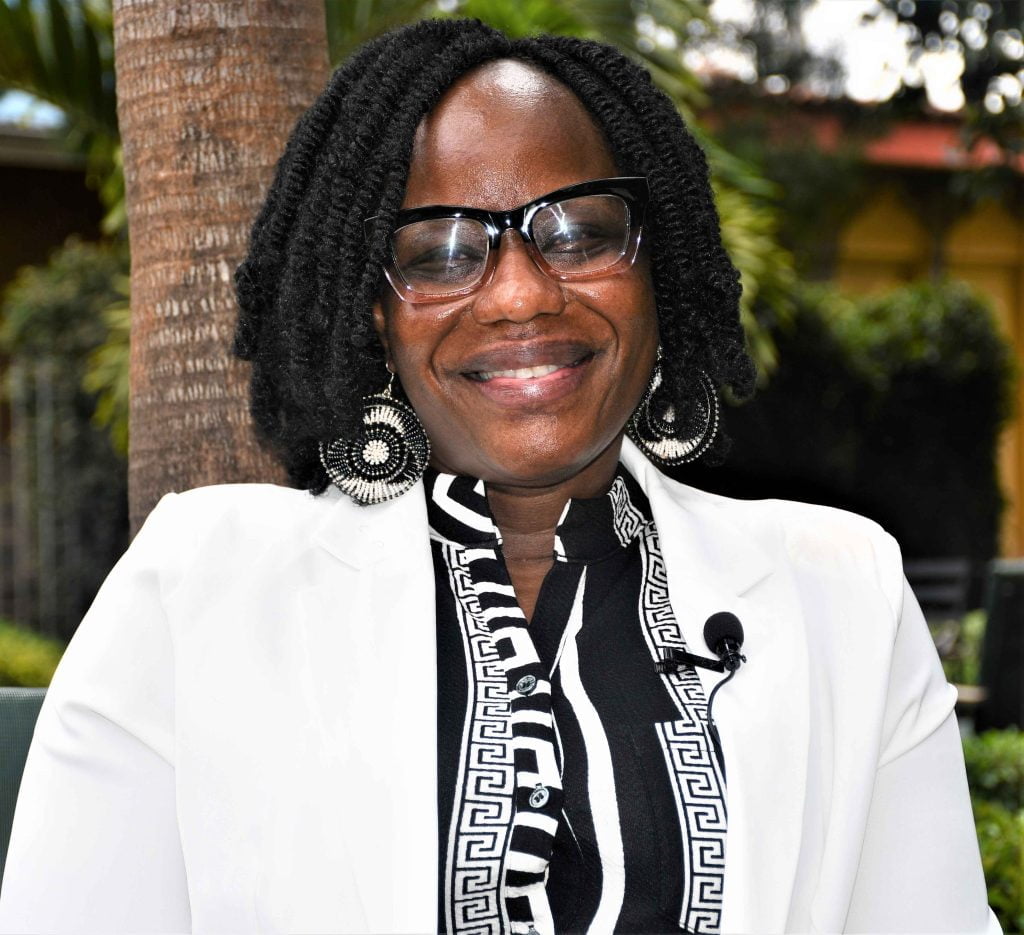
“This issue of food security really is of great importance especially for Greenpeace Africa so this is one of the areas that we are campaigning on. Greenpeace in Kenya had a campaign called “food for life” and we are going to try to re-energize our communities and our partners so that we take this issue of food security, table it again and see what we can do as a country and as a continent to really ensure that we have food security for Africans as the basis of anything we do,” she opined.
In matters pertaining to agriculture, the Executive Director says that the Malabo Declaration required every African government to give 10% of its national budget to agriculture. This was years ago and civil society organizations have done a lot of campaigning around the implementation of the Malabo Declaration. She however says there is a lot to be done in terms of the implementation of policies made at the African Union level which has to trickle down to the national level. Investing for example in the national budget for agriculture will ensure that we have the minimum to sustain communities, so if there is a drought somewhere or famine the government can quickly deploy or even not be reactive but proactive. With those mechanisms in place, she opines that we’ll be able to ensure that our people are fed properly as a continent.

“I think when we started talking about the SDGs, you know the Sustainable Development Goals, this was one of the biggest goals that the SDGs had in terms of how do you make agriculture “sexy” and that was the buzzword. You know agriculture is the biggest driver of employment in Africa so if you have young people who have finished university for example and they’re sitting at home without jobs, how do you make them involved in that sector? Whether it’s soil fertility, do we have experts in soil fertility, do we have engineers in agriculture machinery? Looking at the whole value chain, how do we make it so that young people who are the majority of the population are involved? That area of development is actually anchored in our development model. So, NGOs cannot do everything but some initiatives have to be taken up by governments and actually institutionalize these measures. This, plus putting incentives will attract people to agriculture which is a very economically viable sector if done properly,” says Dr. Keita.
Dr. Keita gives the example of Rwanda, where the government has invested a lot in technology to make agriculture more productive in terms of income and also production. They are using different types of new technology like drones and other technologies for example in soil mechanization and measuring the growth of plants. She says the country is investing heavily in agriculture using technology and it’s bearing fruits something that can be replicated in other countries in Africa.
Dr. Keita however, says African governments are doing a lot but of course, they have challenges because some of the social economic challenges are really not particularly controlled by them as at times their hands are tied but they are doing some good work.
“So at the institutional level, you might think about the reforms for example on the environment or climate change or food security in Africa and the strong stance African governments took at the last COP in Egypt. You saw how African governments did not mince their words when they were saying you need to come up with a framework for example for loss and damage in terms of the climate crisis. You need to put more resources into the adaptation, to build the resilience of Africans. That is a very strong stance that African governments are taking which is a new thing for Africa to really come and say this is what we need. You cannot continue to cause these pollutions at the global level with an immediate impact on the lives of Africans and refuse to help us whether it’s technically or financially. At Greenpeace Africa, we are trying also to accompany their efforts. You know, of course, there are challenges, they need to do more but we do recognize that they’re trying. I think if we all come together as African governments and civil society population, if we’re all walking the same walk, talking the same with the same voice, we will be able to advance and move the needle on some of these important issues on climate change and the impact of climate change in Africa,” opines Dr. Keita.


